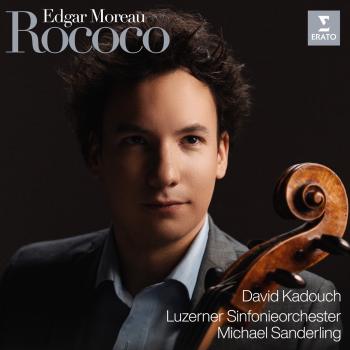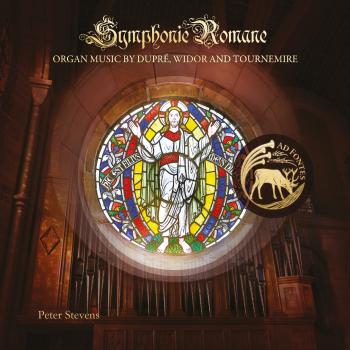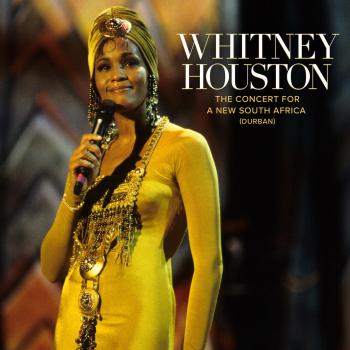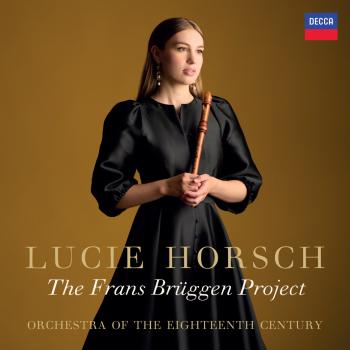
Széchényi: Waltzes & Hungarian Marches István Kassai & György Lázár
Album Info
Album Veröffentlichung:
2021
HRA-Veröffentlichung:
25.06.2021
Label: Naxos
Genre: Classical
Subgenre: Instrumental
Interpret: István Kassai & György Lázár
Komponist: Imre Széchényi (1825–1898)
Das Album enthält Albumcover Booklet (PDF)
- Imre Széchényi (1825 - 1898):
- 1 Széchényi: Le Château de Celles 03:30
- 2 Széchényi: Ungarischer Marsch 07:59
- 3 Széchényi: Wintermärchen Walzer 08:56
- 4 Széchényi: Unser letzter Walzer 06:58
- 5 Széchényi: Csárdás hongroise 06:15
- 6 Széchényi: Geburtstag Walzer 05:15
- 7 Széchényi: Palais-galop 02:29
- 3 Walzer for Piano 4 Hands:
- 8 Széchényi: 3 Walzer for Piano 4 Hands: No. 1 in C Major 06:12
- 9 Széchényi: 3 Walzer for Piano 4 Hands: No. 2 in F Major 07:19
- 10 Széchényi: 3 Walzer for Piano 4 Hands: No. 3 in G Major 04:32
- Imre Széchényi:
- 11 Széchényi: Lovasjáték magyar induló 03:24
- 12 Széchényi: Walzer vierhändig 05:25
- Franz Liszt (1811 - 1886):
- 13 Liszt: Einleitung und Ungarischer Marsch von Graf Imre Széchényi, S. 573 (Arr. H. Gobbi for Piano 4 Hands) 07:01
Info zu Széchényi: Waltzes & Hungarian Marches
Count Imre Széchényi of Sárvár-Felsővidék was a highly regarded Austro-Hungarian diplomat and politician who counted Johann Strauss as a lifelong friend, and whose dances were popular and much in demand in his day. Széchényi composed waltzes throughout his creative period, but only a few of these have been preserved. His work was of interest to his contemporaries, and among these premiere recordings is Liszt’s own arrangement of the Ungarischer Marsch. These lively and melodious forgotten gems are brought to life on a 1908 Bechstein piano previously owned by Wagner’s grandson, Wolfgang.
"Better known as a leading Austro-Hungarian diplomat and politician during much of the Nineteen century, Imre Szechenyi also enjoyed composing dance music. Little of it now remains, but here, in a well filled release, we have thirteen tracks mainly of Waltzes and Marches performed in piano versions both as a solo and for ‘four hands, one piano’. It adds much to the disc we already have of his orchestrated dances. In style they came from the era of the younger Johann Strauss, the waltzes swinging along with a nice sense of fun, while the Hungarian Csardas—one of his most attractive scores—has that bitter-sweet quality that remains in the memory. Elsewhere I do miss that ability of Strauss to create ‘foot-tapping’ melodies we never forget, though I had much pleasure in finding the Geburtstag Walzer (Birthday Waltz) and the bubbling Palais galop. I have equally enjoyed the Drei Walzer from 1889, and the unusually titled Equestrian Hungarian March. Istvan Kassai, who has added so much the Naxos catalogue, is an enthusiastic guide to Szechenyi, and is here joined by the Budapest-based Gyorgy Lazar, their partnership oozing with virtuosity in the Einleitung und ungarischer. How you react to the sound of the 1908 Bechstein piano is a matter of personal taste. It has certainly been wonderfully preserved and comes in an excellent recording." (David’s Review Corner)
István Kassai, piano
György Lázár, piano (track 1, 4, 6, 8-13)
István Kassai
graduated as a pianist from the Budapest Academy of Music in 1982 studying in the class of Pál Kadosa. Then in 1984 he pursued his second diploma at the Conservatoire Européen de Musique under the close supervision of the world-famous professor Yvonne Lefébure. He also undertook several master courses, including one led by György Cziffra, who had a great impact on Kassai’s artistic development.
During his career, Kassai has won several first prizes in international competitions such as the International Piano Competition for Young Artists in 1972 in Czechoslovakia, the Piano Competition organised by Hungarian Radio in 1979, and the Paris International Debussy Piano Competition in 1982. Moreover, Kassai’s artistic talent was acknowledged by such prestigious awards as the ARTISJUS-Prize in 1976, the Bonnaud-Chevillion-Prize of the Fondation de France in 1986, the Nívó Prize of Hungarian Radio in 1990, the Ferenc Liszt Prize in 2001 and the Leó Weiner Memorial Prize in 2010. He has been a full member of the Hungarian Academy of Art since 2013.
István Kassai has made recordings for Hungaroton, King Records, Lavotta Kamarazenekar, Naxos, Marco Polo and Radioton, including the complete piano works of Bloch, Erkel, Hubay, Mosonyi and Weiner, as well as works by Bartók, Dohnányi, Liszt, and Robert Volkmann.
Kassai has published numerous articles and studies on music and edited many volumes of sheet music by composers and musicians such as Liszt, Mosonyi, Hubay, Weiner and György Cziffra.
Booklet für Széchényi: Waltzes & Hungarian Marches












